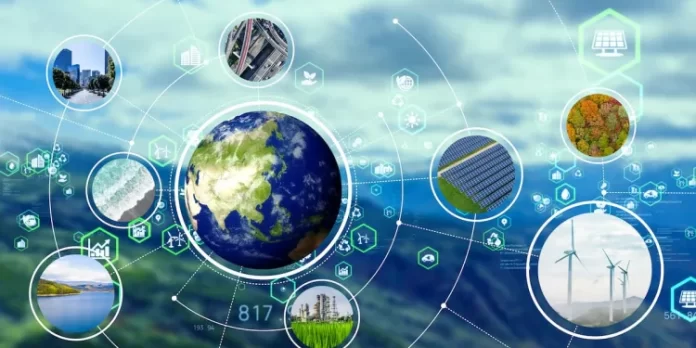Climate change remains one of the most pressing global challenges, with governments worldwide implementing policies to mitigate its impact. However, while significant progress has been made in setting ambitious climate targets, challenges persist in translating commitments into concrete action.
Key International Agreements and Policies
The 2015 Paris Agreement remains the cornerstone of global climate efforts, aiming to limit global warming to well below 2°C above pre-industrial levels, with efforts to keep it under 1.5°C. Countries have submitted Nationally Determined Contributions (NDCs) outlining their emission reduction goals. However, many nations struggle to meet these targets due to economic constraints and political challenges.
Recent climate summits, including COP28, have emphasized the need for stronger commitments to renewable energy, carbon neutrality, and financial support for developing nations. The shift away from fossil fuels and toward sustainable energy sources is gaining momentum, yet the pace remains insufficient to curb rising global temperatures effectively.
Progress in Renewable Energy and Emission Reduction
Several countries have made strides in expanding renewable energy infrastructure. The European Union has set aggressive carbon neutrality goals by 2050, while the United States has passed legislation promoting clean energy investments. China, the world’s largest emitter, is also ramping up solar and wind energy production, although it continues to rely on coal for a significant portion of its energy needs.
Carbon pricing, through carbon taxes and cap-and-trade systems, has been adopted in various regions to incentivize emission reductions. Yet, inconsistencies in policy implementation and enforcement hinder global progress. Developing countries, in particular, require substantial financial and technological support to transition to greener economies without compromising economic growth.
Challenges and Roadblocks
Despite policy advancements, major hurdles remain. Fossil fuel dependency, geopolitical tensions, and economic instability often delay climate action. Some governments face domestic opposition to stringent climate policies due to concerns over job losses and rising energy costs.
Furthermore, climate financing remains a contentious issue. Wealthier nations have pledged funding to support climate adaptation in vulnerable regions, yet actual financial flows have fallen short. Without adequate investment, developing countries struggle to implement mitigation and adaptation measures effectively.
Conclusion
While global climate change policies are evolving, the gap between pledges and implementation remains a significant challenge. Stronger international cooperation, increased funding, and technological innovation are critical to accelerating climate action. As extreme weather events become more frequent, the urgency for effective and enforceable policies has never been greater. The coming years will be decisive in determining whether global efforts can prevent catastrophic climate change impacts.


